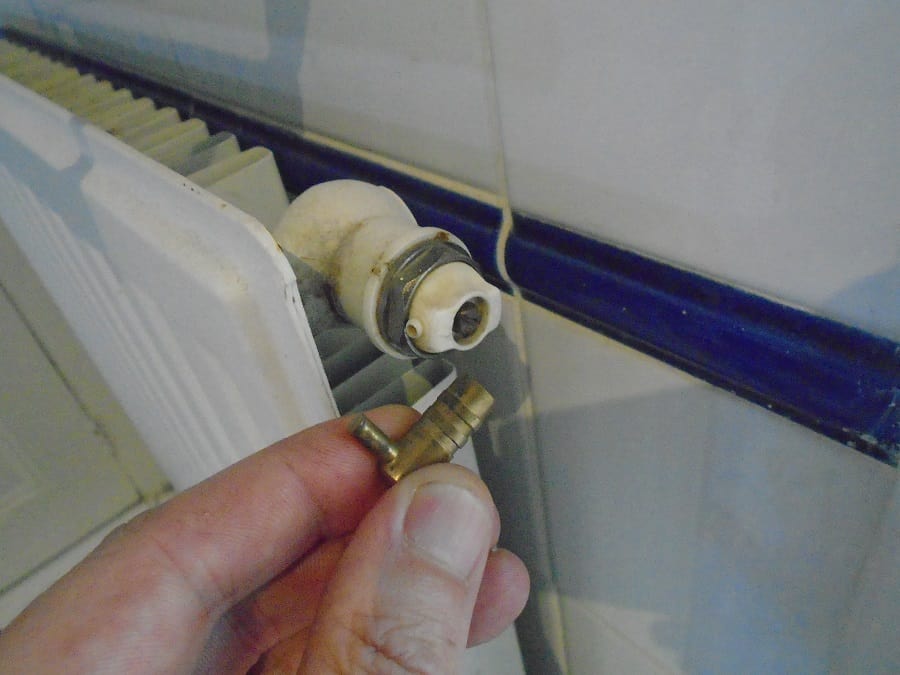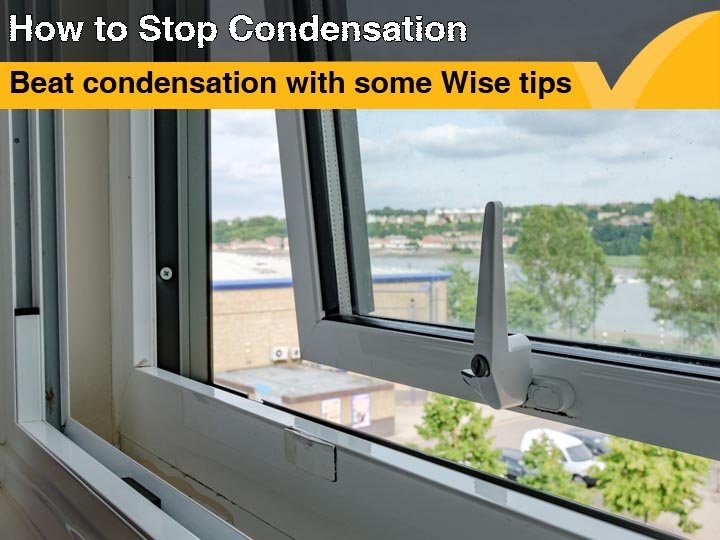Condensation is a real problem in our British homes.
This can cause a host of issues such as stained curtains, rotted window frames and mould growth on plaster.
It is primarily caused by a temperature difference between the air inside and the surface on which it has come into contact. Warm air holds more moisture than cold air.
Let’s have a look at some ideas to reduce or eliminate condensation
If your house suffers from condensation it can be a real drag. Waking up each day with soaking wet interior windows, and in some cases, walls, can lead to a whole load of other issues if not dealt with.
Keep your curtains open during the day to let in as much light and warmth as possible. This will save energy and help to keep your house comfortable.
Condensation is a problem that happens when warm, humid air meets cold windows. When this happens, water droplets form and can cause mould to grow.
If you find condensation forming on your windows, it’s a good idea to keep the curtains open and let the room’s temperature warm the glass so that it doesn’t become cold and therefore trap moisture in the window.
Curtains and blinds can cut heat loss by up to 25%, if installed properly. They can also provide a moderate form of insulation, helping to stop cold air from coming in while keeping the warm air inside.
If black mould has formed on your windows or the window sills, do NOT use spray bleach, use a proper mould and mildew remover, available from most hardware stores for about £4, wear a mask when wiping the area, and bin the tissues or cloths immediately. Then wash your hands.
In areas of your home that generate a lot of steam or water vapour, such as the kitchen or bathroom, it is a good idea to have an extractor fan installed, which is not too expensive but if the problem is isolated in those rooms, it will definitely help to rid your house of the problem of condensation.
Another wise top tip to beat condensation is to half fill a bowl with salt.
Ordinarily table salt, and place it next to or near the source of the issue.
You will find the next day a crust on the top, which you should break.
After a few days the salt will have absorbed a fair bit of moisture in the air. Rinse and repeat as the saying goes. It won’t cure it, but it will help, for very little cost and effort.
What percentage of homes in the UK suffer from condensation?
According to a report in the Daily Mirror, one in five adults regularly find “excessive” condensation in their homes – with 12% even having been forced to relocate for good just as a result of this alone.
65% of condensation reported was on windows.
Keep Your Heating On Low, will it help?
If you’re trying to keep your energy bills down, the idea of keeping your heating on low all day may seem like a good one. But this isn’t always the best way to save money – as it can also increase condensation in your house.
Condensation occurs when there is too much moisture in the air, particularly when it’s cold. It’s caused by our breathing, cooking and showering, which all release moisture into the air.
But this doesn’t need to be a constant issue in your home. The easiest way to stop condensation happening is to control the amount of moisture you produce in your house.
This means keeping your heating on low if you’re not home all day, or turning it off entirely if you are. It might feel like less work to do this, but it can be more cost effective in the long run.
Simply “opening your windows” will NOT cure condensation or damp.

Keep Your Windows Open will help, a bit.
When you open your windows, it helps eliminate the stale air that can often get trapped in your house.
This will help your air to breath a lot better and give you a much more comfortable home.
Condensation is a natural process that occurs when moisture comes in contact with a cold surface, such as the glass on your window.
It can be caused by a number of things, including fluctuating temperatures and humidity levels.
Keeping your windows open during activities that cause moisture in your home, such as cooking or showering, can help to reduce condensation but will not cure it.
Often the cause of condensation lies with poor maintenance of the the exterior walls of your house.
Likewise, running your exhaust fan while you’re doing these activities can also help to keep the air circulating and lessen the chances of condensation.
If you live in a particularly cold area, it may be best to keep your windows closed for safety reasons. If you do decide to open your windows, make sure that they are properly secured and locked in place.

Invest in a humidifier
A humidifier is of course the opposite of a DEhumidifier.
If you have condensation problems in your house, you may be able to stop them with an investment in a humidifier. These can be portable or installed as part of your heating system.
Humidifiers can also help to reduce your heating bills in the winter, if you are using them to keep the humidity level of the air in your home to a comfortable level.
But be careful not to get a humidifier that is too big for your needs, as too much moisture can actually be harmful for some people. Too much moisture can breed dust mites and mould, which can exacerbate allergies and asthma symptoms.
Invest in an inexpensive hygrometer to monitor the level of humidity in your home and avoid over-using a humidifier or dehumidifier, and at only £30 or thereabouts, it’s a cheap fix.

This way, you will always know how humid your home is and can ensure it remains at a safe level throughout the year.
The best way to eliminate condensation is with an exterior wall coating
The very best way to beat condensation forming in the home is with an exterior wall coating, supplied by ourselves, and fitted to your home in days.
This amazing coating system does not change the exterior appearance of your home, but soaks deep into the walls, forming a barrier against moisture seeping into the house in the first place, but is fully breathable.
Not only that, it is approved by the energy saving trust to lower your home heating bills by up to 30%, AND it stops damp and mould forming in your home.
It comes with a 20 year guarantee and a consultation from us is FREE and can be booked by either calling the team on 0800 970 4928 or sending them an email here.
We’ll get rid of that nasty condensation for good.


